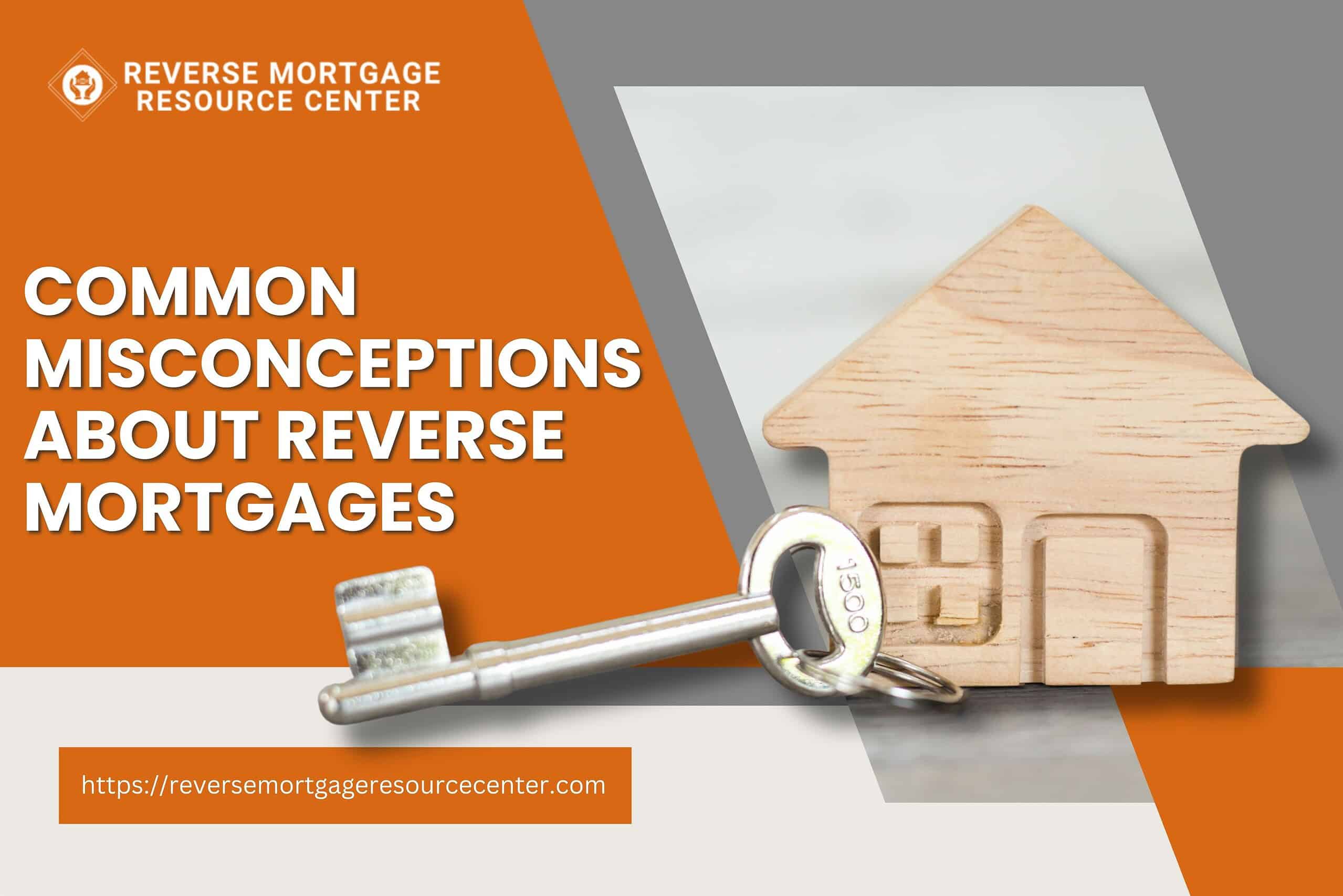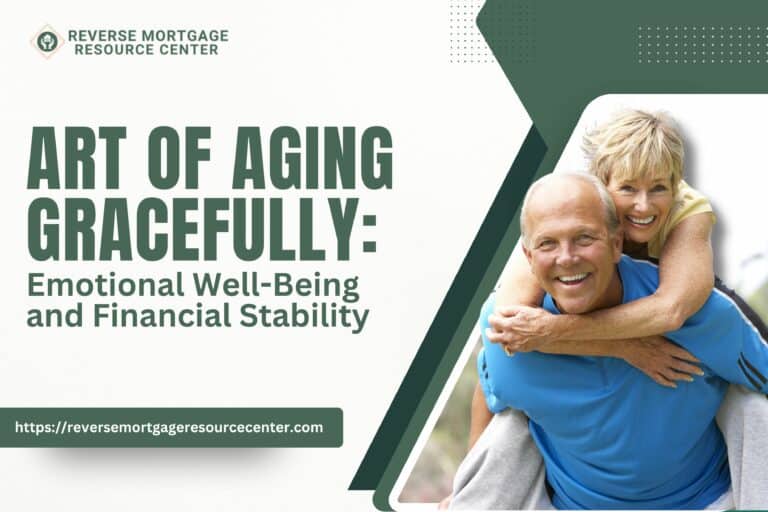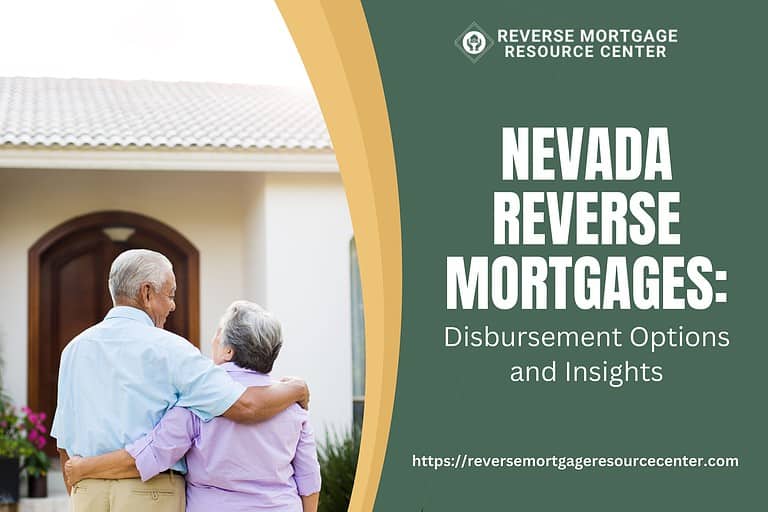Common Misconceptions About Reverse Mortgages
Navigating financial decisions, particularly as one approaches retirement age, can feel like traversing a maze. Among the myriad options available, reverse mortgages stand out as a potential solution for seniors seeking financial flexibility. However, these financial tools are often shrouded in myths and misconceptions, leaving many hesitant to explore them further. In this comprehensive guide, we debunk common misunderstandings surrounding reverse mortgages, empowering seniors with accurate information to make confident choices about their financial futures.
Understanding Reverse Mortgages: A Primer
Before delving into debunking misconceptions, it’s essential to grasp the fundamentals of reverse mortgages. Unlike traditional mortgages where homeowners make monthly payments to a lender, reverse mortgages enable homeowners aged 62 and older to convert a portion of their home equity into income tax-free funds without selling their home. The loan is repaid when the borrower moves out of the home, sells the property, or passes away.
Myth 1: Losing Ownership of Your Home
One prevalent misconception about reverse mortgages is that borrowers relinquish ownership of their homes. In reality, borrowers retain ownership and are still responsible for property taxes, insurance, and maintenance. The loan is repaid only when the home is sold or the borrower no longer occupies it, allowing seniors to maintain control over their most significant asset.
Myth 2: Risk of Losing Your Home to the Bank
Another fear surrounding reverse mortgages is the risk of losing one’s home to the lender. While it’s true that the loan becomes due when the borrower no longer occupies the home, lenders cannot force the sale of the home to repay the loan if the borrower or their heirs wish to keep the property. Additionally, reverse mortgages are non-recourse loans, meaning the borrower or their heirs will never owe more than the home’s appraised value at the time of repayment, even if the loan balance exceeds this value.
Myth 3: Limited Use of Funds
Some seniors believe that reverse mortgages restrict the use of funds for specific purposes. Contrary to this belief, borrowers have the freedom to use the loan proceeds however they see fit. Whether it’s covering medical expenses, home renovations, or daily living expenses, reverse mortgage funds offer flexibility to address various financial needs.
Myth 4: Impact on Social Security and Medicare Benefits
There’s a misconception that receiving funds from a reverse mortgage could affect eligibility for Social Security or Medicare benefits. The truth is that reverse mortgage proceeds are considered loan advances rather than income, so they typically do not impact these benefits. However, it’s essential for seniors to consult with a financial advisor to understand the implications specific to their situation.
Myth 5: High Costs and Fees
Concerns about high costs and fees associated with reverse mortgages often deter seniors from exploring this option. While it’s true that reverse mortgages entail upfront costs, such as origination fees, mortgage insurance premiums, and closing costs, these expenses can often be rolled into the loan amount, minimizing out-of-pocket expenses. Additionally, the fees associated with reverse mortgages are regulated by the Federal Housing Administration (FHA) to ensure transparency and protect borrowers from excessive charges.
Myth 6: Negative Impact on Inheritance
One of the most persistent myths surrounding reverse mortgages is the belief that they diminish the value of inheritance for heirs. While it’s true that the loan balance accrues over time, it’s essential to consider the potential appreciation of the home’s value. In many cases, the value of the home may increase at a rate that outpaces the loan balance, leaving equity for heirs. Moreover, heirs have the option to repay the loan and keep the home or sell the property to settle the debt.
Myth 7: Limited Eligibility
Some seniors believe that they may not qualify for a reverse mortgage due to factors such as credit history or income. However, eligibility for a reverse mortgage primarily depends on age, home equity, and the property’s condition. Since reverse mortgages are not income-based loans, credit history and income are generally not factors in determining eligibility, making them accessible to many seniors.
Myth 8: Reduction in Government Benefits
There’s a misconception that receiving funds from a reverse mortgage could lead to a reduction in government benefits such as Medicaid or Supplemental Security Income (SSI). While it’s true that these benefits are means-tested and based on income and assets, funds from a reverse mortgage are typically not considered income for these purposes. However, it’s crucial for seniors to consult with a financial advisor or benefits specialist to understand the potential implications for their specific situation.
Myth 9: Complex and Risky
Some seniors perceive reverse mortgages as complex and risky financial products. While reverse mortgages do involve specific terms and conditions, they are regulated by federal laws and overseen by government agencies to protect borrowers’ interests. Additionally, borrowers are required to undergo counseling sessions with HUD-approved counselors to ensure they fully understand the terms and implications of the loan before proceeding, mitigating potential risks.
Myth 10: Depletion of Home Equity
There’s a misconception that taking out a reverse mortgage will deplete all of the homeowner’s equity, leaving nothing for heirs. In reality, homeowners can choose to receive funds from a reverse mortgage in various ways, including a one-time lump sum, monthly disbursements, or a line of credit. By carefully managing the disbursement of funds, homeowners can preserve a portion of their equity for themselves or their heirs, providing a valuable financial resource for future generations.
REVERSE MORTGAGE RESOURCE CENTER ~LIVE LIFE ON YOUR TERMS~
Our Lending Team has been serving our clients since 2004. We are passionate about serving our clients with integrity to help them achieve their financial goals.







